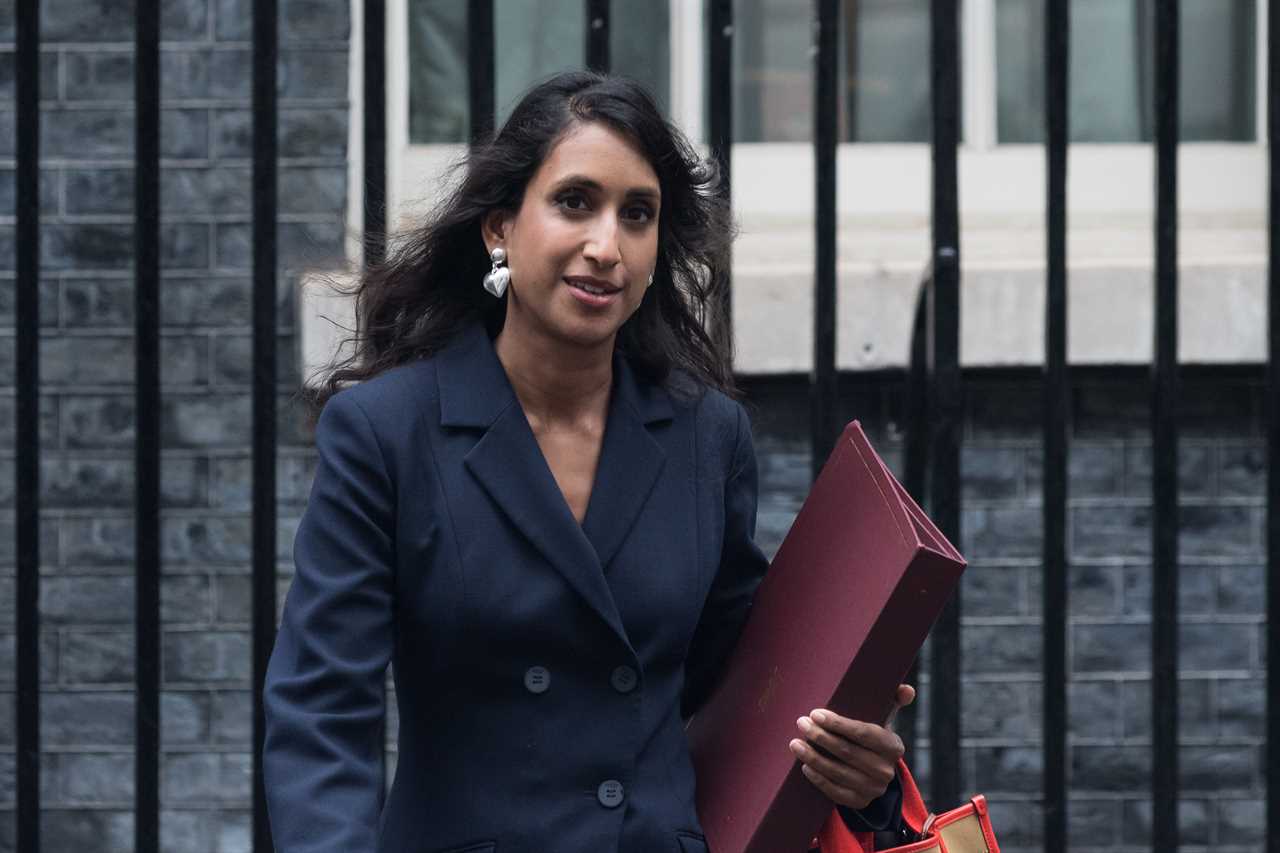
An unprecedented ruling by the International Court of Justice has set a groundbreaking precedent, potentially allowing countries to seek climate reparations from each other. This decision, described by some as "bonkers," could lead to multi-billion-pound compensation claims from developing nations against wealthier powers like the UK.
Shifting Power Dynamics in Climate Justice
The ICJ's judgment opens up a new frontier in global climate justice, where historically marginalized nations may hold more influential countries accountable for their role in climate change. This move challenges the status quo and highlights the evolving dynamics of power and responsibility in the fight against climate crisis.
Legal Ramifications and Political Backlash
The prospect of legal action for climate damages has sparked controversy, with reactions ranging from outrage to support. Critics, including some UK politicians, have denounced the ruling as "insane" and worry about the financial implications for their governments. Meanwhile, advocates see this as a long-overdue opportunity for climate-affected nations to seek justice and reparations.
Complexities of Climate Accountability
The court's ruling raises complex questions about historical emissions, accountability, and the challenges of attributing specific climate impacts to individual countries. While the decision is not binding, legal experts anticipate a wave of lawsuits as nations grapple with their responsibilities in a rapidly changing climate landscape.

Voices of Climate-Affected Communities
Behind the legal intricacies lie the voices of those most affected by climate change. From Pacific island nations to vulnerable communities worldwide, there is a sense of validation in the ICJ's recognition of their suffering and the acknowledgment of their right to a sustainable future. This human element underscores the urgency and necessity of climate action.
Global Climate Governance in Question
The ruling challenges the adequacy of existing climate agreements, such as the Paris Agreement, and calls into question the obligations of nations beyond formal accords. It signals a potential shift towards more robust international climate governance and raises fundamental debates about equity, justice, and the shared responsibility to safeguard the planet.
In conclusion, the ICJ's decision marks a significant milestone in the realm of climate justice, with far-reaching implications for global environmental governance. As nations navigate the complexities of climate accountability and reparations, this ruling underscores the interconnectedness of our world and the imperative of collective action to address the climate emergency. The road ahead is fraught with challenges, but it also offers a pathway towards a more equitable and sustainable future for all.
Did you miss our previous article...
https://trendinginthenews.com/uk-politics/examining-ed-milibands-energy-strategy-balancing-green-goals-and-household-heating-concerns






